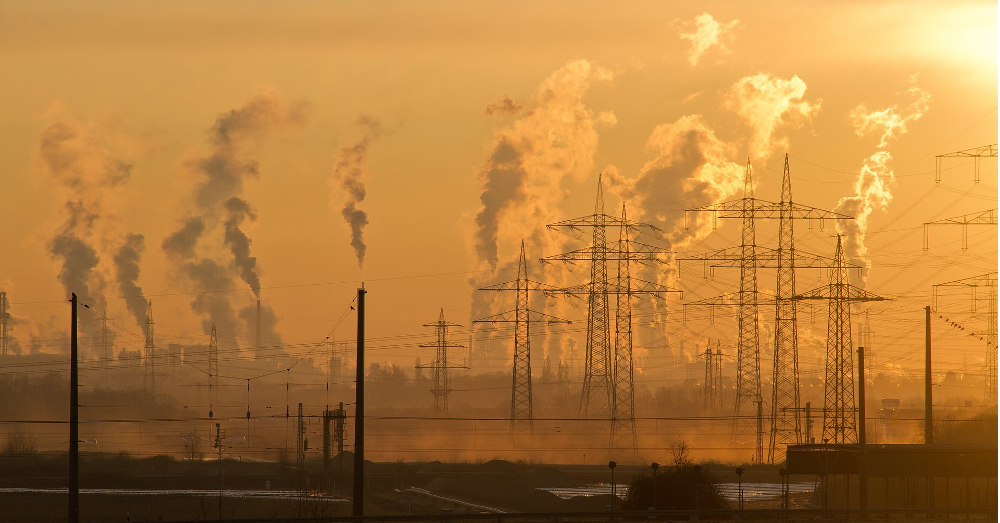
Like Fracking, Factory Farms Are Profitable and Ecologically Insane
In 2008, Cabot Oil and Gas started fracking operations in Dimock, Penn. It was around that time the community started noticing their water was turning brown and making people and animals sick. One woman’s water well exploded. Fracking had come to town. It’s a familiar story in other rural communities—from Pennsylvania to Montana and Texas—where fracking has contaminated drinking water resources and emitted toxic air pollution associated with higher rates of asthma, birth defects and cancer.
July 2, 2018 | Source: In These Times | by Wenonah Hunter
In 2008, Cabot Oil and Gas started fracking operations in Dimock, Penn. It was around that time the community started noticing their water was turning brown and making people and animals sick. One woman’s water well exploded. Fracking had come to town.
It’s a familiar story in other rural communities—from Pennsylvania to Montana and Texas—where fracking has contaminated drinking water resources and emitted toxic air pollution associated with higher rates of asthma, birth defects and cancer.
But the story is similar in other communities where fracking or other extreme fossil fuel extraction isn’t happening. Air and drinking water that’s been dangerously polluted from industrial operations affect communities across Iowa, including the state’s largest city, Des Moines. Polluting facilities are operating in Central Oregon, North Carolina, Wisconsin and Maryland. None of those places are fracking, but they are host to another environmental hazard facing rural communities: factory farms.
